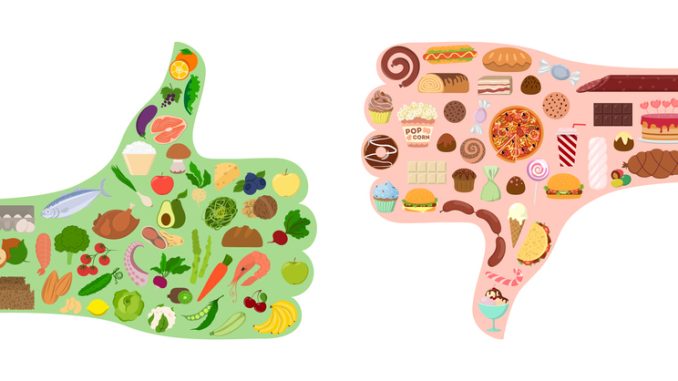

Your brain, always buzzing with activity, is a high-performance machine. Just like a fancy car, it operates best when fuelled with premium-grade sustenance. Foods rich in vitamins, minerals, and antioxidants serve as this essential brain fuel, protecting it from oxidative stress — the pesky byproduct of using oxygen that can harm cells
CREDIT: This is an edited version of an article that originally appeared on Harvard Health Publishing
Consuming processed or refined foods floods your system with substances your brain struggles to process. Diets high in refined sugars, in particular, not only mess with insulin regulation but also trigger inflammation and oxidative stress. Research links these diets to impaired brain function and worsened mood disorders like depression.
The gut-brain connection
Ever wonder why you feel butterflies in your stomach when anxious? Your gut and brain are in constant communication, thanks to neurotransmitters like serotonin. Surprisingly, about 95% of serotonin is produced in your gut, where trillions of bacteria reside. These gut bugs play a vital role in your mental health, influencing mood, emotions, and even behaviour.
Traditional diets vs. western fare
The Mediterranean and traditional Japanese diets, rich in veggies, fruits, and unprocessed grains, offer a mental health advantage. Compared to the typical Western diet, they boast lower depression risks, thanks to their nutrient-rich, anti-inflammatory nature. Plus, these diets feature fermented foods acting as natural probiotics, supporting gut health.
The rise of nutritional psychiatry
The link between food and mood is gaining recognition in the field of nutritional psychiatry. Research shows that what you eat not only affects your gut but also impacts inflammation levels, energy levels, and, crucially, your mood. By nourishing your body with wholesome foods, you’re not just fuelling your brain; you’re nurturing your mental well-being.
In essence, treating your brain to premium fuel through a balanced diet isn’t just about satisfying hunger; it’s about fostering a healthier, happier mind. So, the next time you ponder your meal choices, remember, what’s good for your body is great for your brain.


Be the first to comment